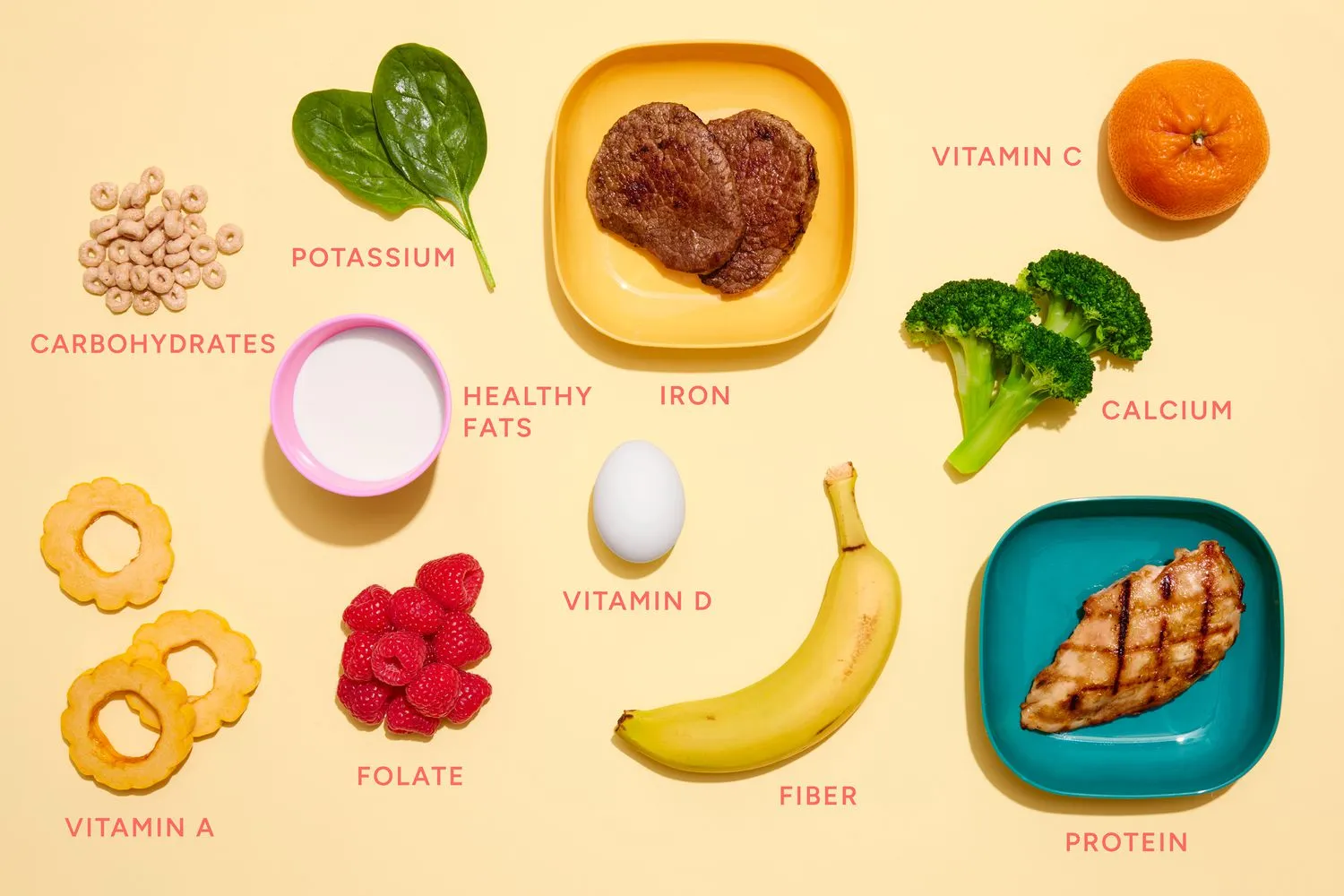Although dietary supplements are often consumed with the intention of enhancing healthfulness and preventing disease-in this case, rectal cancer-many precautions should be considered. While some supplements appear to offer protection against certain cancers, taking supplements to excess can have harmful effects: mainly, kidney damage. Therefore, this article examines the fine line between supplement usage for cancer prevention and the protection of kidney health in this light.
Supplements and Rectal Cancer Prevention
Research has shown that certain dietary components and supplements may affect the risk of colorectal cancer development, which occurs in the colon and rectum. Some findings:
Vitamin D: It helps the immune system and bones, so some studies fit with the idea that adequate vitamin D levels might be associated with a reduced risk of colorectal cancer. So, even though supplements are not regulated by the FDA like prescription drugs, make sure to choose a product that has been independently tested and checked with your healthcare professional before taking any new supplement.
Antioxidants: Among them are lycopene, resveratrol, lutein, zeaxanthin, and vitamin A, which are believed to be potent antioxidants that may guard against cancer. Incorporating them into your diet will help reduce the risk of cancer.
Omega-3 and Omega-6 Fatty Acids: The higher ratio of these fatty acids presents a lowered overall risk toward cancer development, colorectal cancer included. The nutrients are mainly found in species of fatty fish and in chia seeds, walnuts, and vegetable oils.
Risk of Kidney Damage from Excessive Supplement Intake
Overuse of certain supplements specifically can adversely affect the kidneys
Vitamin C: High doses of vitamin C, particularly 60 grams or more a day, can cause oxalate kidney stone formation and possible renal failure.
Creatine: Commonly taken for muscle enhancement, excess creatine taken in conjunction with excessive physical exertion and dehydration may potentially damage the kidneys and can cause related conditions, such as rhabdomyolysis, a syndrome characterized by muscle tissue breakdown that results in kidney injury.
Herbal Supplements: Some substances, such as buchu leaves, juniper berries, uva ursi, and parsley capsules, may have mild diuretic properties, thus causing irritation or damage to the kidneys. On the other hand, St. John’s Wort, echinacea, ginkgo, garlic, ginseng, ginger, and blue cohosh might interfere with the action of certain prescribed drugs, thus impairing kidney function.
Though there are risks, people, more so those who have existing pathologies associated with kidney function or who are on polypharmacy, should consider caution and consult their healthcare providers before embarking on any new regimen of supplements.
Recommendations for Safe Supplement Use
To translate such laudable benefits of supplements into real practice while minimizing associated health risks:
Consult Healthcare Professionals: Before starting any supplement, discuss with your medical professional or a registered dietitian to ensure the supplement corresponds to your health status and does not adversely interact with medicines.
Adhering to Necessary Dosages: It is little use in going beyond the suggested doses of supplements. More isn’t always better, and it can prove toxic or instigate other health challenges.
Prioritize Whole Foods: Aim to obtain essential nutrients from a balanced diet rich in fruits, vegetables, whole grains, lean proteins, and healthy fats. Whole foods provide a complex nutrition profile that supplements can’t replicate.
Stay Informed: Learn as much as possible about these supplements before considering using them, including their benefits and possible side effects, as well as interactions they may cause with other substances.
Regular Health Screenings: Routine medical check-ups to assess kidney function and general health, especially when using supplements on a regular basis.
Conclusion
While certain supplements might provide protection regarding rectal cancer, they should be used prudently. Considering the potential benefits against the harms, especially in the arena of kidney issues, requires well-informed decisions and professional guidance. A thoughtful, intelligent application of supplements integrated with informative dialogue with healthcare providers might allow one to pursue health goals without jeopardizing important organ functions.




